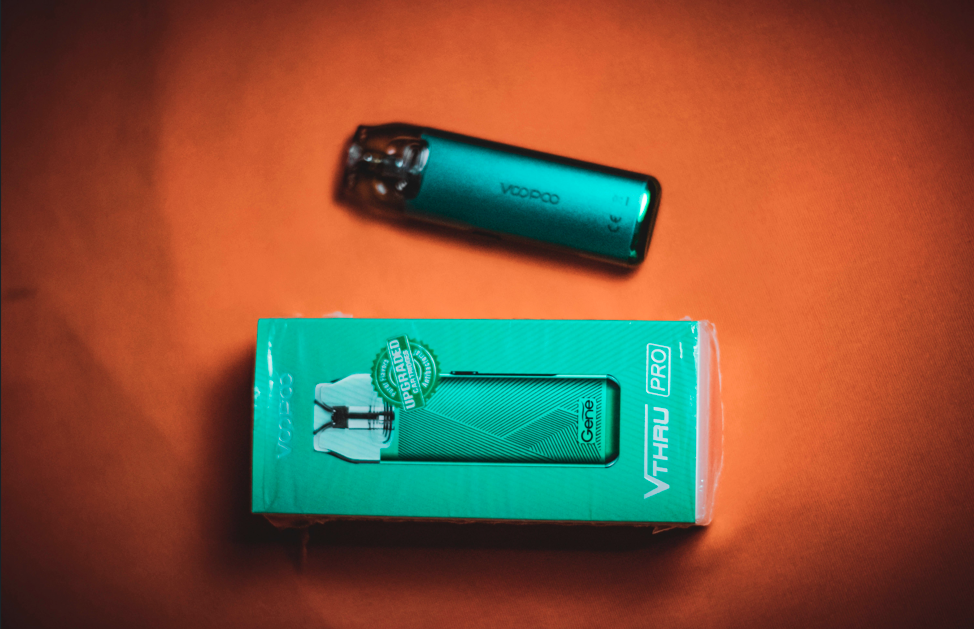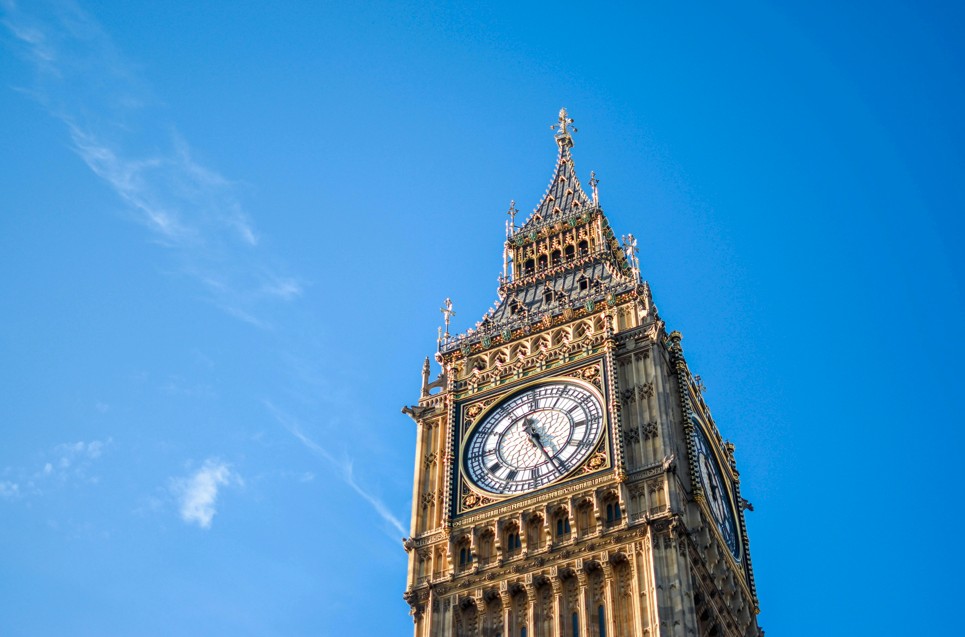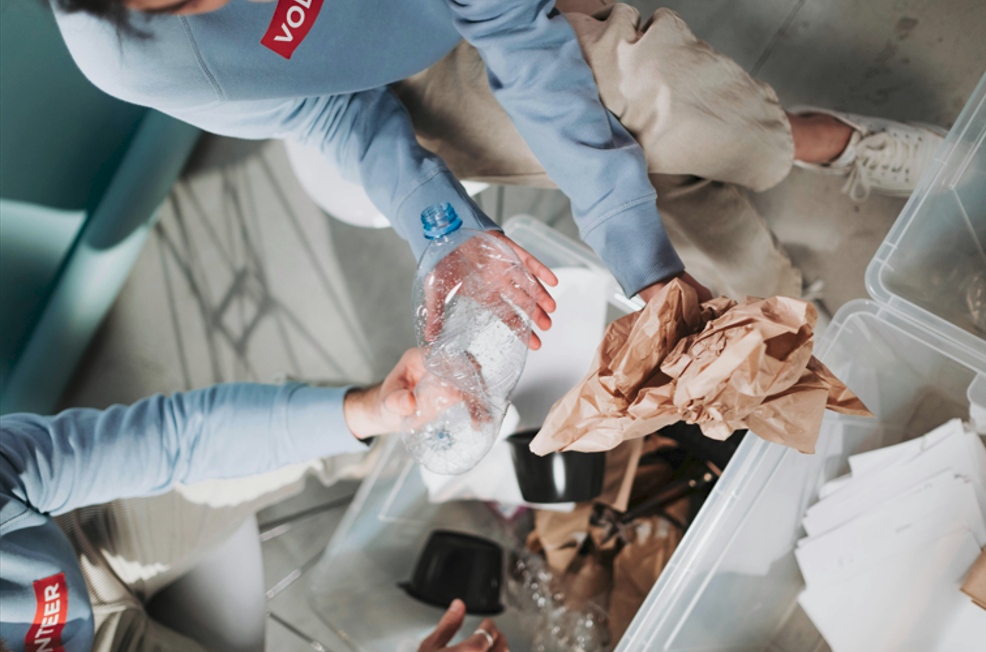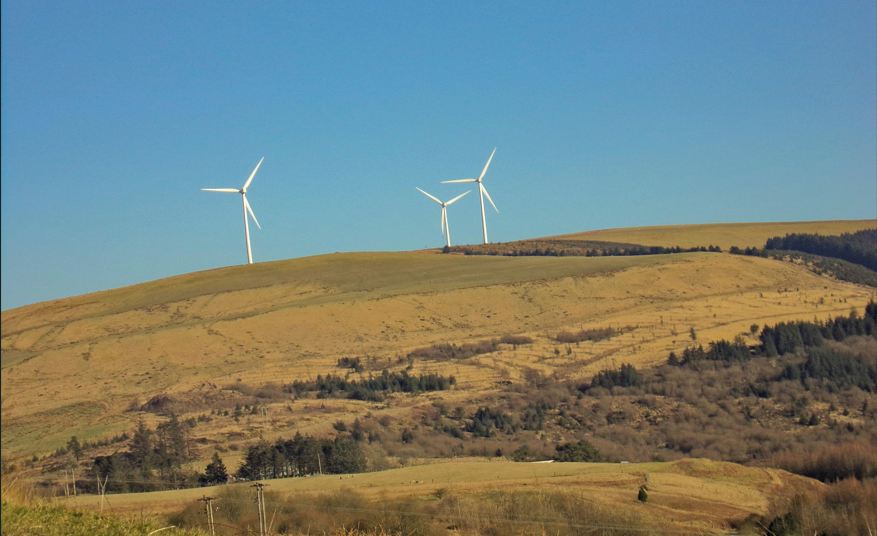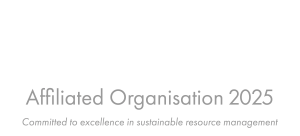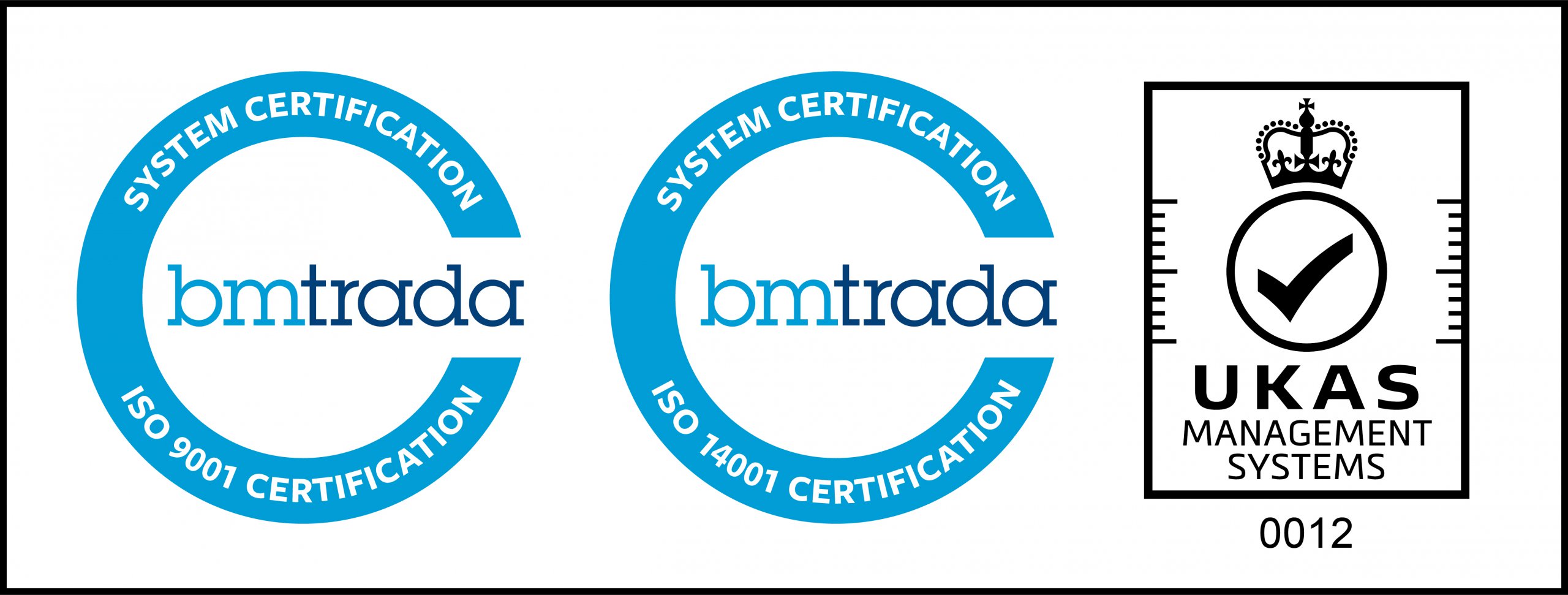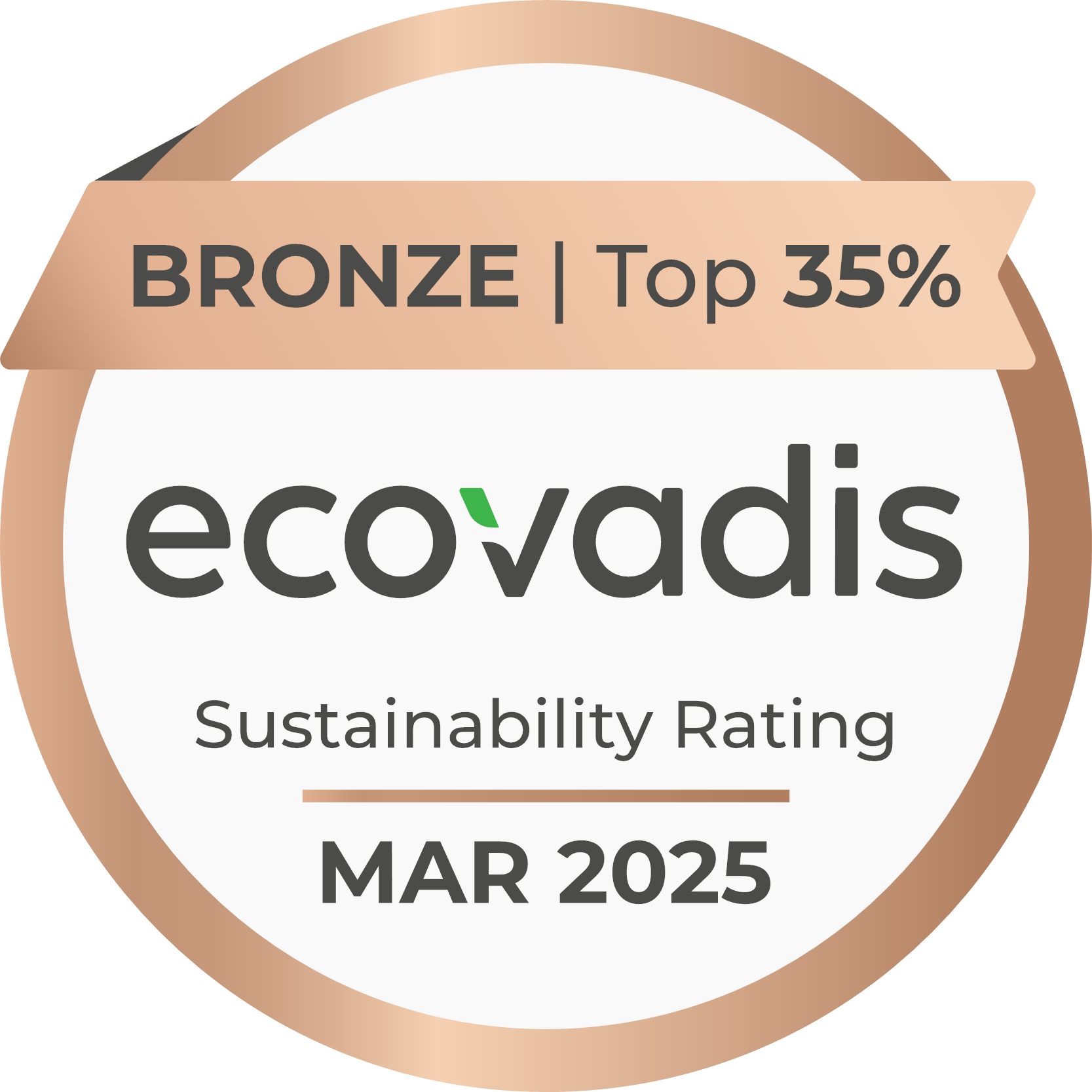Last week (15th October 2019) the highly-anticipated Environment Bill was published by Defra outlining new legal frameworks and powers to amend existing legislation, and deliver the visions set out in the 25 Year Environmental Plan and subsequent Resources and Waste Strategy.
The resources and waste section of the Bill sets out powers which aim to facilitate a move from the ‘take, make, use, throw’ system to a more circular economy. The Bill policy statement states that “Our ambition is to keep resources in use for longer and ensure that we extract maximum value we can from them”.
The Environment Bill presents a series of measures that will fundamentally change the way we produce and consume products. For example new Government powers to support a shift towards items that can be more easily recycled, via set resource-efficiency standards for products. It also introduces powers to develop new Extended Producer Responsibility (EPR) schemes enabling the Government to reform the current systems.
Full Net Cost Recovery
The Bill confirmed that collection costs will be included in any reformed EPR system. The explanatory notes explain that producers with be required “to pay the full net cost of managing their products at end of life to incentivise more sustainable use of resources”. This is applicable to any future EPR regimes that may be introduced to UK law, and not just packaging.
It also states that existing Government powers to set producer responsibility obligations will be modernised and extended to “prevention and redistribution of waste”.
Modulated Fees
The powers also provide for a modulated fee system designed to incentivise producers to design with re-use and recycling in mind. Those who already consider eco-design will welcome this, as the system is expected to target those with poorly designed packaging that uses materials that are hard to separate or not easily recycled.
Single-use Plastic & Deposit Return Scheme (DRS)
The policy statement highlights the need to continue reducing plastic pollution across the country explaining that “the Environment Bill will enable the creation of new charges for other single-use plastic items” to incentivise a shift towards more reusable items, similarly to the plastic carrier bag charge.
Powers will also be taken to introduce deposit return schemes to “further incentivise consumers to reduce litter and recycle more.”
Product Labelling & Consistent Collections
With the aim to help consumers make informed purchasing decisions that support a more sustainable packaging and circular economy, the Bill contains powers to introduce clear product labelling. In relation to consistent collections, the bill stipulates a set of materials, including food waste, to be collected from all households and businesses. This is in support of the general public’s efforts to recycle more, facilitating more consistent waste collection services across the country.
Policy Director of the Wastepack Group, Paul Van Danzig commented that the Bill has many interesting elements, stating that “perhaps one of the more pertinent paragraphs is that which seeks to change the overarching purpose of producer responsibility from a lowest cost solution (as laid out in the 1995 environment bill), to a system whereby those most able to pay should make a contribution to the burdens imposed by the regulations.”
Paul explained that “this subtle change potentially paves the way for a system that covers the full cost of recycling, which is one of the Governments desires, as described in the Extended Producer Responsibility (EPR) reform consultation that was held this year.”
He went on the add that “the Bill is only in its draft format, and is subject to parliamentary scrutiny and will no doubt have a number of amendments before it becomes statute. However, it still demonstrates the Governments intentions and it will be interesting to see how it all pans out over the coming months”




